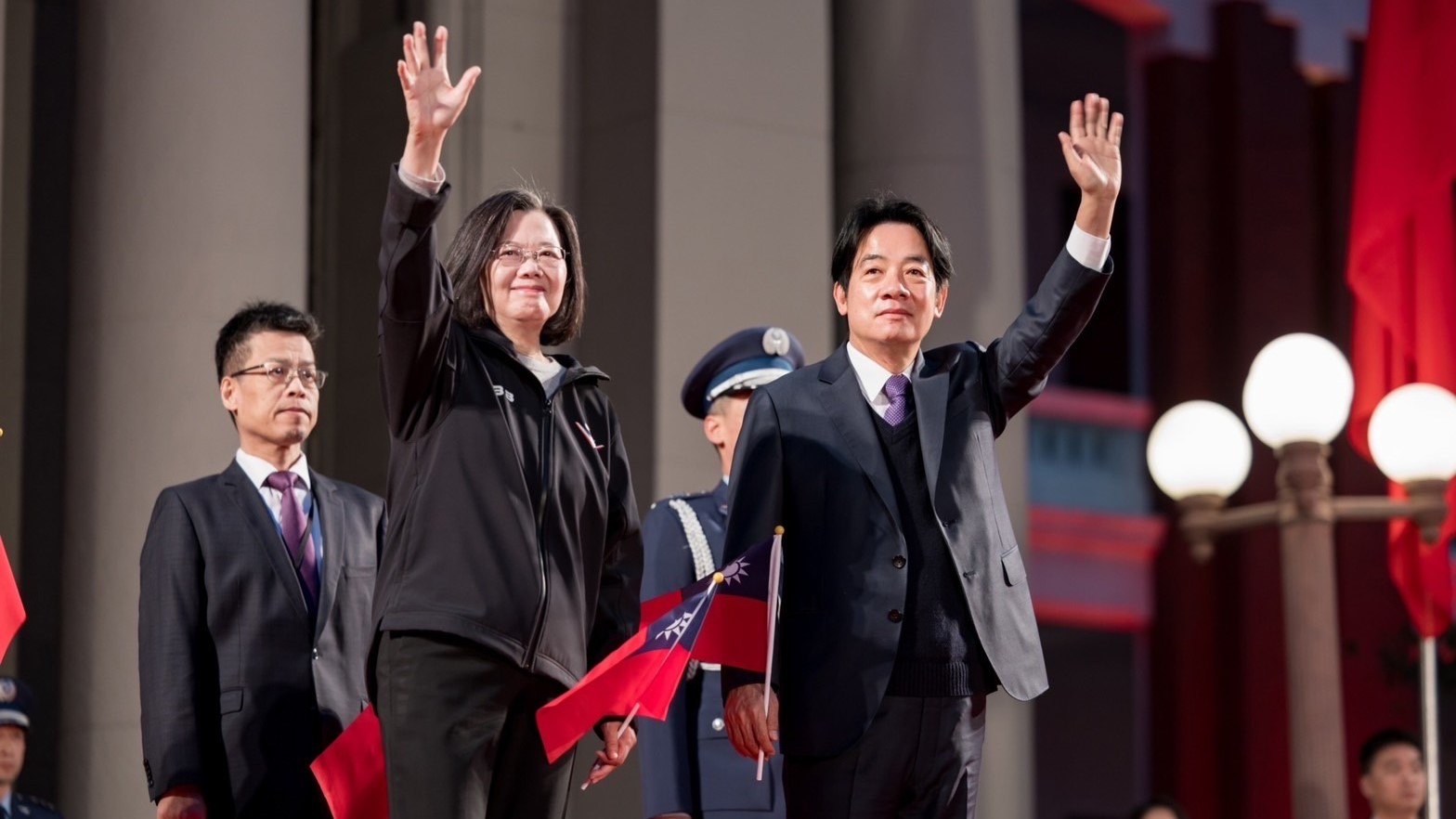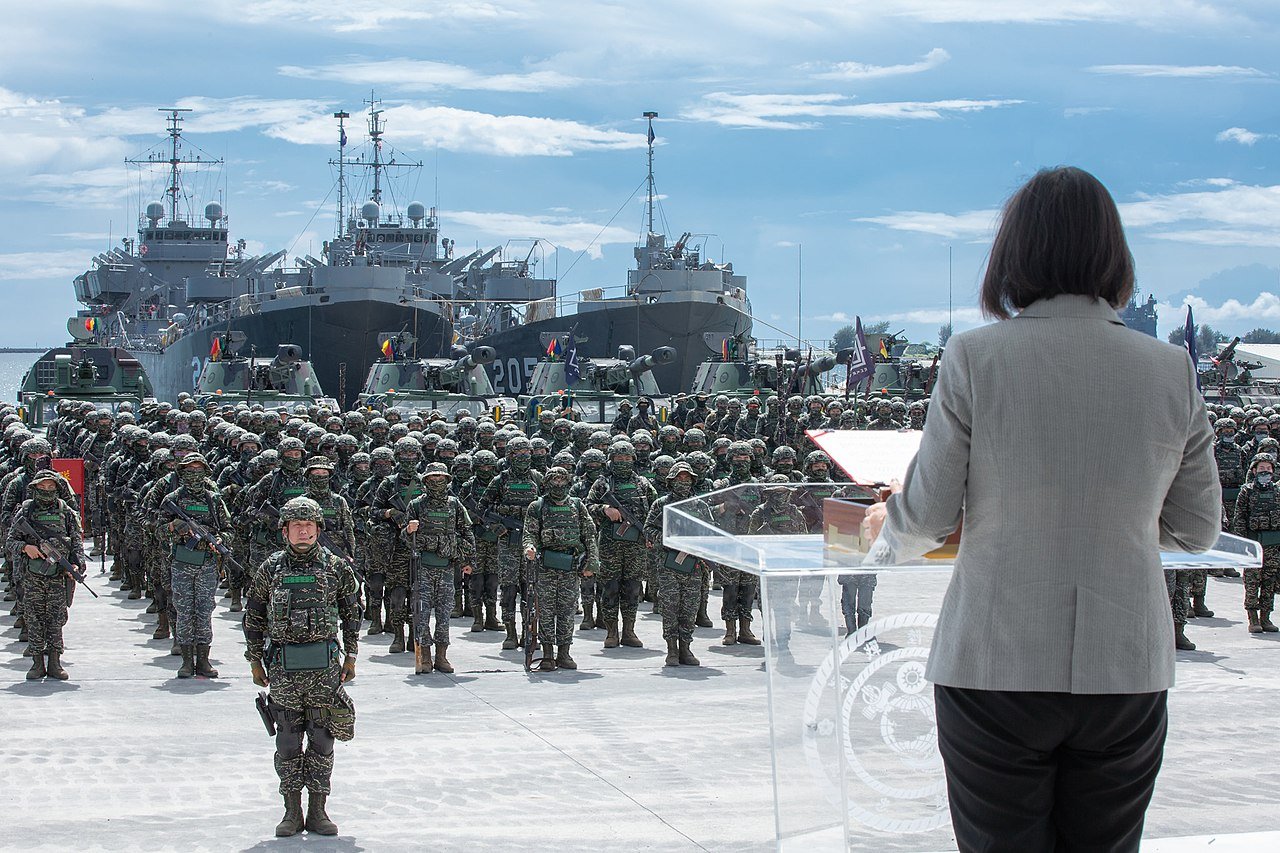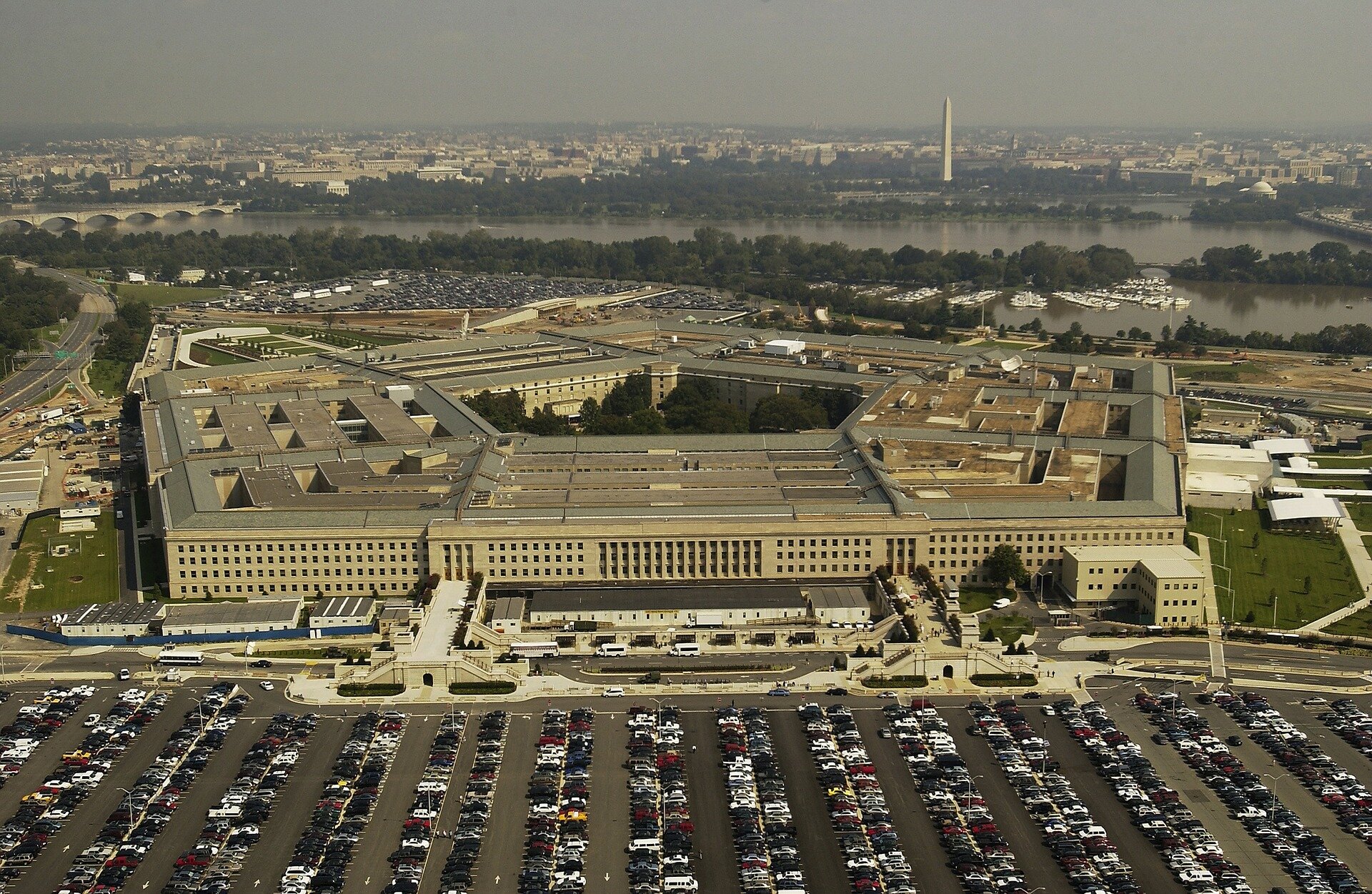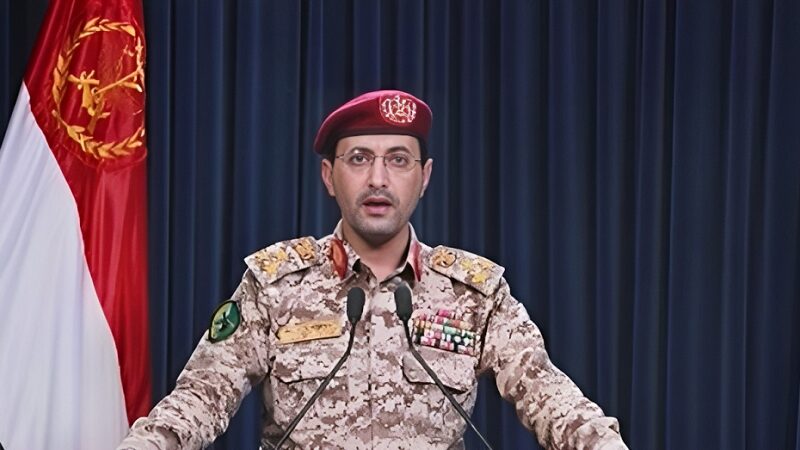A featured story in the Washington Post presents evidence of a case made here on WaL back in 2021: that the uniformed soldiers and reservists of the Taiwanese defense forces are seriously unprepared to defend their island in the case of a conflict.
Vincent Tsao, a 30-year-old scuba diving instructor, told the Post his reserve force training was “a complete waste of time”.
In 2021, the Taipei Times heard from a man who had undergone mandatory reservist training who told them “My time in the army was a complete waste”.
With an active-duty all-volunteer force of 155,000, Taipei also wants to create a healthy reserve component to quickly and effectively replace and rotate forces in combat. To that end, all Taiwanese men born in or after 2005 are obligated to perform one year of service, most of which consists of reserve training.
On top of these conscripts, 2 million former soldiers are supposed to complete refresher courses every 2 years for the 12 years following the completion of their service tenure.
The Post reports that a mere 6% of eligible conscripts—6,936 people—from the 2005 group attended the program. 94% of them deferred the mandatory service to attend university.
The Post then reports that with so few trainees, many of the program’s most important courses, such as heavy weapons training on Kestrel antitank rockets and Stinger missiles, could not be held.
In 2021, WaL reported that 1,000 reservists had been punished at the time for “dodging mandatory training,” and that merely 60% of active duty positions were staffed appropriately.
It’s a dismal picture of a nation of brilliant young minds that are being thrust into a mini-mobilization effort to defend their country against an attack that some individuals speaking with the Times said they didn’t believe would ever come.

A ‘defeatist attitude’
William Lai Ching-te, the newly-elected President of Taiwan, whom Beijing labels a “dangerous separatist,” said recently that the island has to take its defense seriously, and fight against a “defeatist attitude”.
31-year-old Cony Xie served as a soldier for 6 years and signed up for reservist training as soon as she was permitted to do so. Speaking to the Post, she said she doesn’t even know “what I’m supposed to do in my position if a war breaks out”.
That’s certainly the climate that would foster a defeatist attitude. In 2021, WaL quoted one soldier in training who questioned “What use are Marines against China’s economic power? How are our tanks and planes supposed to fight their renminbi?”
In both WaL’s 2021 report and the recent story in the Post, George Mason Military History Professor Michael Hunzekar explains the difficulties facing the mobilization.
Taiwan’s military was not “optimally manned, trained, equipped and motivated to defend against an attack,” Hunzekar said during Congressional testimony.
Furthermore, he said that the defense doctrine of Taiwan is to launch a “symmetric response,” under conditions of a full-scale invasion, counterattacking against the invaders and the mainland. This requires, as Hunzeker put it, weapon systems that are “high on prestige but of limited utility in an actual conflict”.
“Taiwan’s reservists are going to be mobilizing where the fight is happening, when the fight is happening,” said Hunzeker told the Post, with the paper adding that the island “is patently not ready for that”.
Effective military organization is one of the most difficult things a nation-state can attempt to do, and there’s no shame in acknowledging that on Taiwan, it appears to be going badly. However, as Lieutenant Col. Daniel L. Davis, former Army unit commander in Desert Storm-turned foreign policy analyst noted in 2021, the inability of Taiwan to mobilize has direct costs for America.
“If the Taiwanese men and women whose lives would be on the line in a war with China aren’t willing to fight for their country, it would frankly be immoral to force American men and women to die in their place for Taiwan’s defense,” he wrote.
President Biden has said 4 times that the US has a commitment to defend Taiwan, and recently stopped short of a fifth time by stating there was a difference between sending planes and warships, and sending battalions of soldiers By contrast, prospective president Trump has said that Taiwan is 9,500 miles away and should pay outright for American defense. WaL
We Humbly Ask For Your Support—Follow the link here to see all the ways, monetary and non-monetary.
PICTURED ABOVE: President of Taiwan, Tsai Ing-wen reviews a Marine Corps battalion in Kaohsiung in July 2020. PC: Presidential office, Taiwan. CC 2.0.



